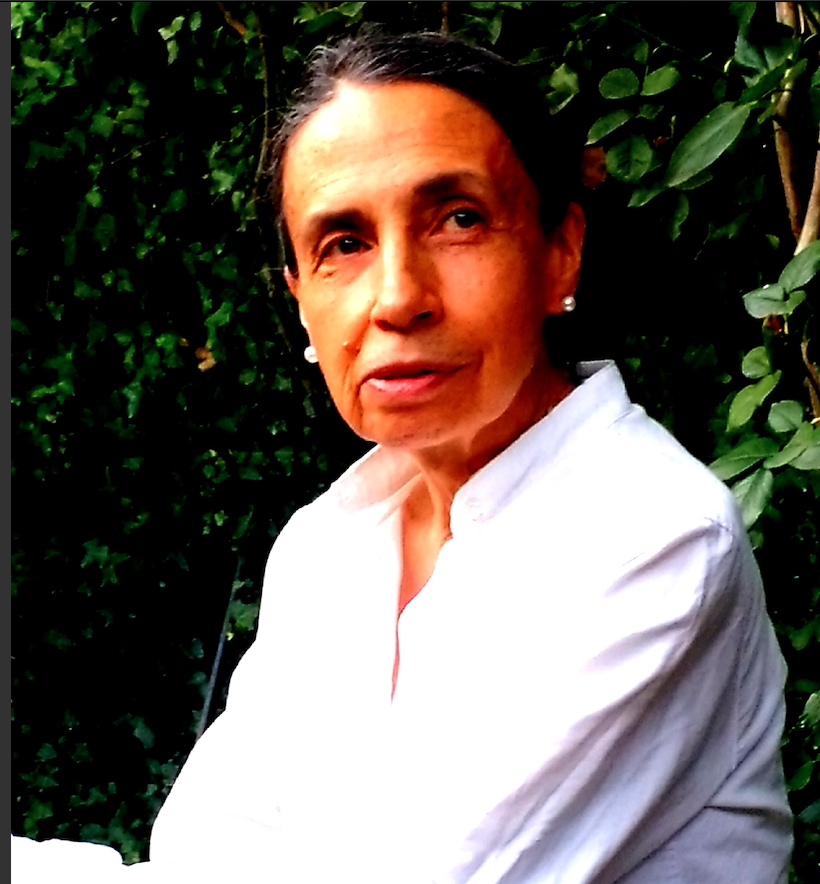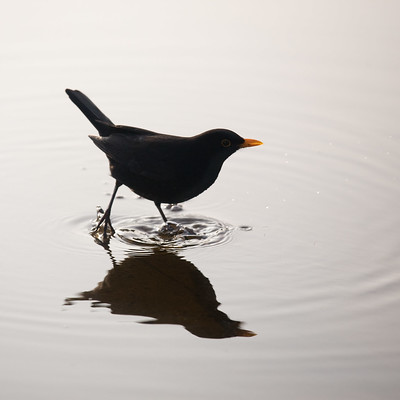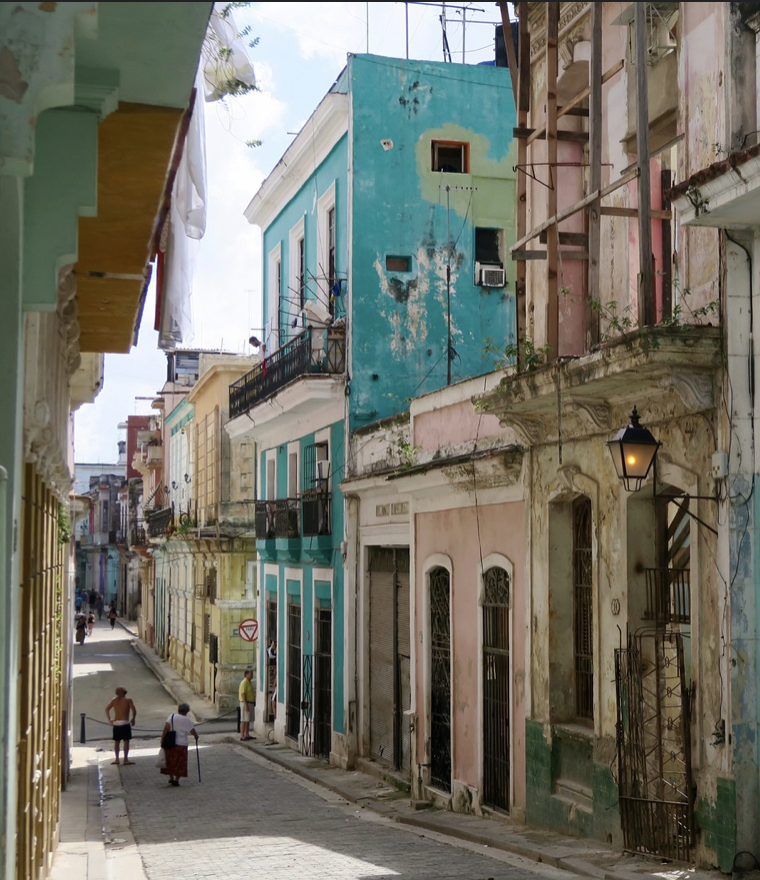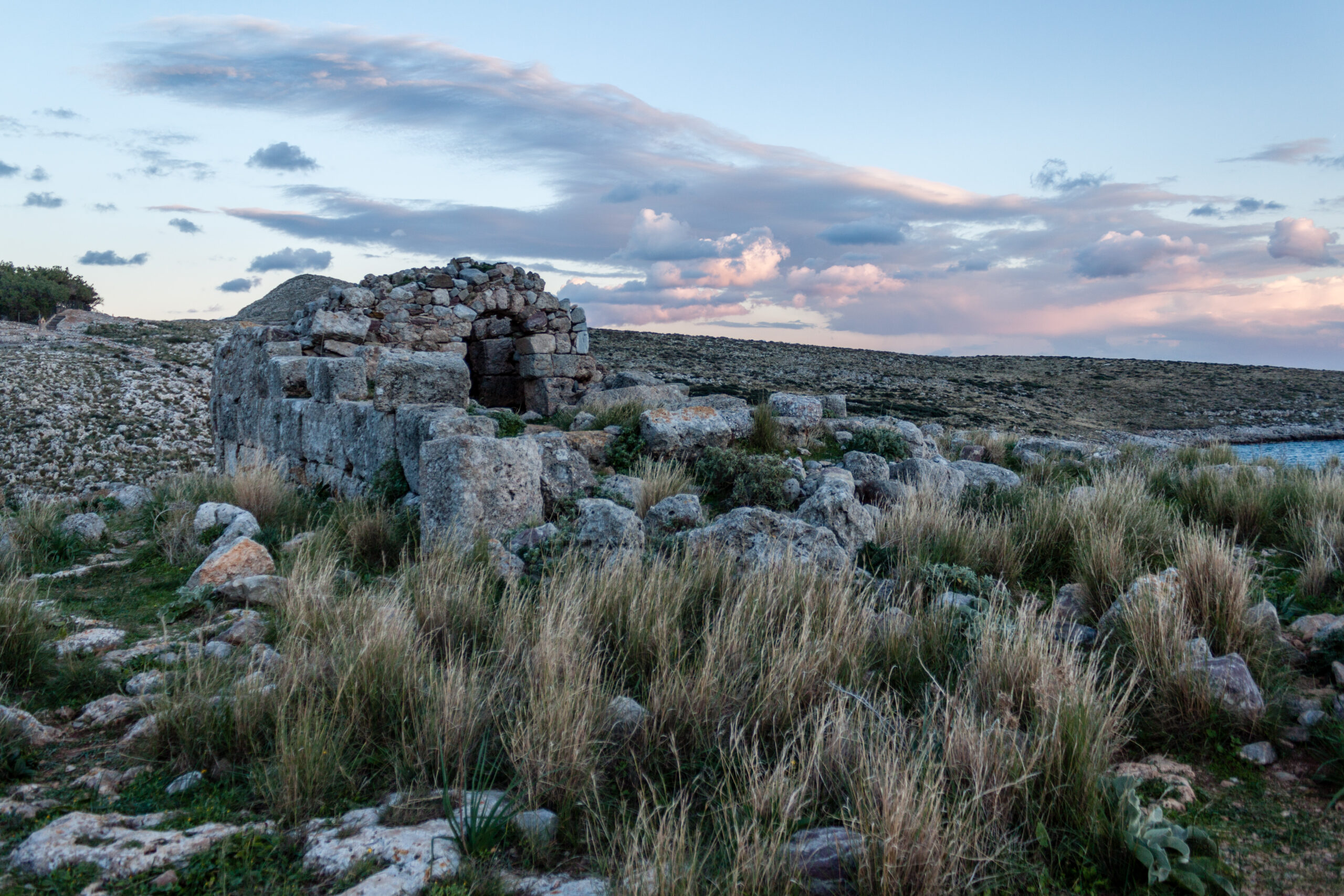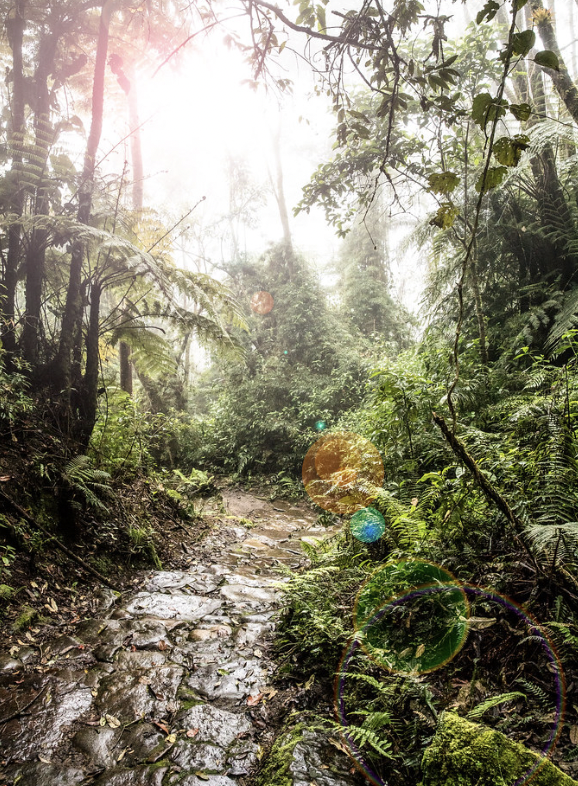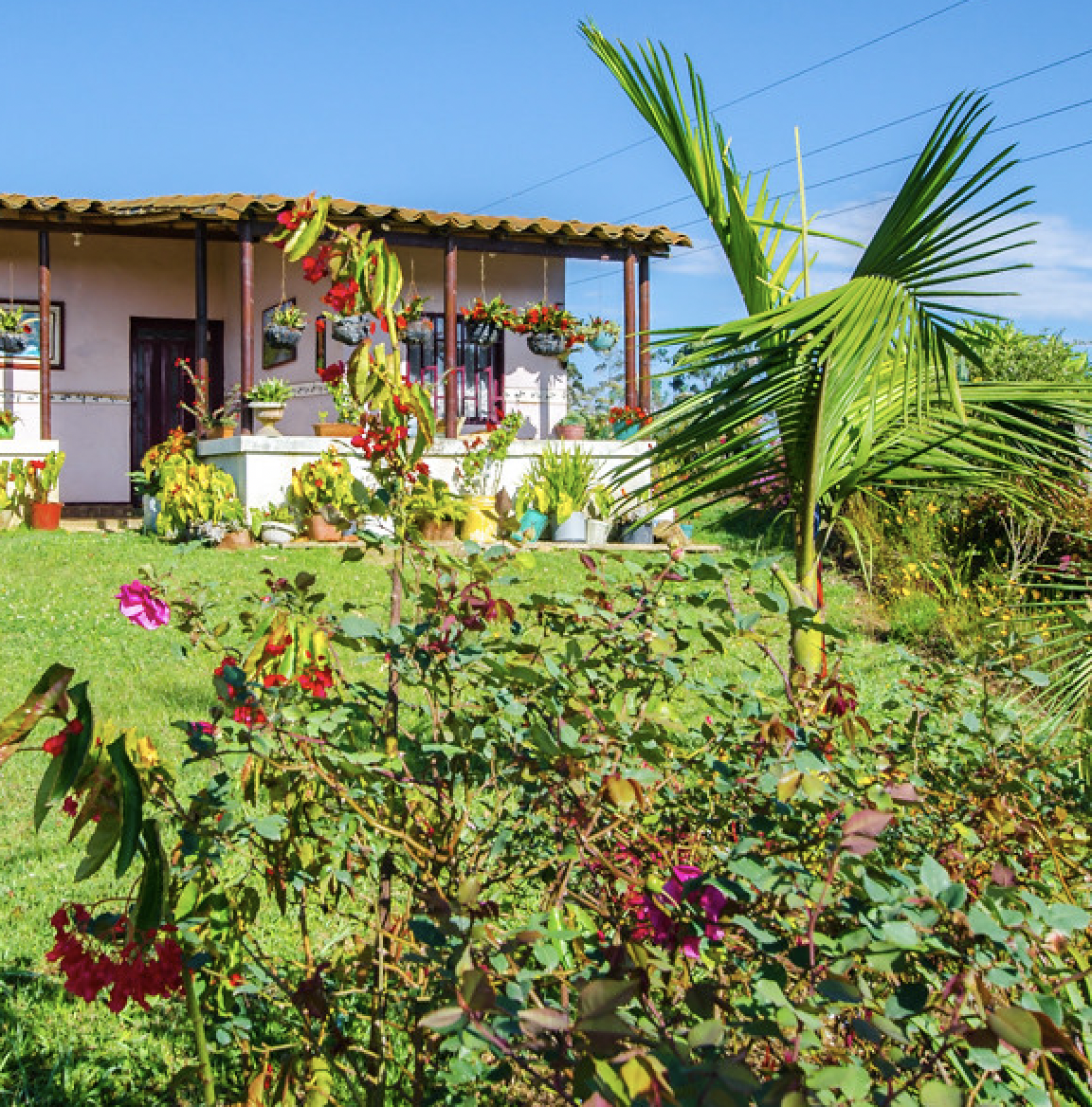Poems by ELVIRA HERNÁNDEZ
Translated from the Spanish by THOMAS ROTHE
Poems appear in both Spanish and English.
Translator’s Note
When Elvira Hernández began publishing poetry in the 1980s, the few pictures that appeared of her in literary supplements never revealed her entire face. A hand, an arm, a post, a leaf, a slightly out-of-focus photograph would interrupt the frame to conceal her identity. Whereas some of Chile’s most renowned poets—Gabriela Mistral, Pablo Neruda, Pablo de Rokha—chose unique pseudonyms difficult to forget, Hernández, whose birth name is María Teresa Adriasola, adopted a pen name that could easily get lost among the crowd. Far from an artistic pose or esoteric performance to gain attention, Hernández’s decision to remain unrecognizable speaks of the very real political persecution that swept through Chile and the Southern Cone during the 1970s and 80s. To write or make art in the asphyxiating environment of Pinochet’s 17-year dictatorship, in the midst of disappearances and exile, media complicity and a cultural blackout, implied an act of resistance, a conscious decision, despite the risks involved, to create dangerously, as Albert Camus and, later, Edwidge Danticat would say.
